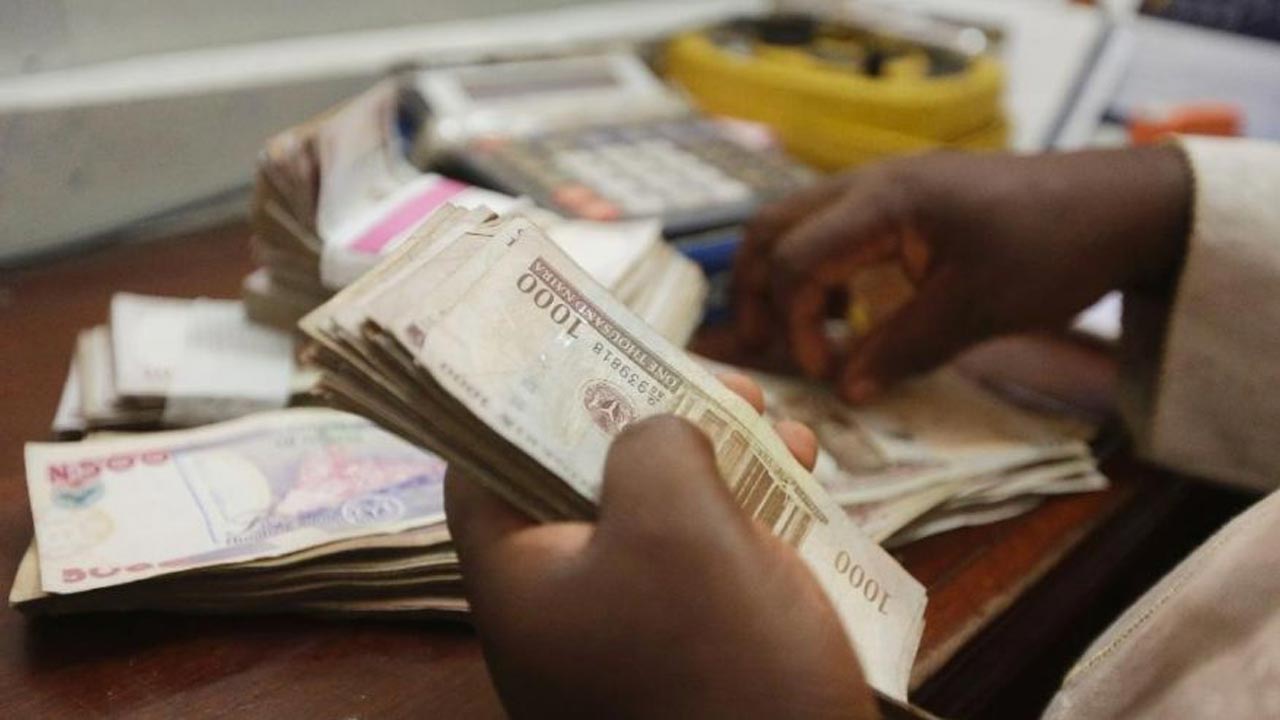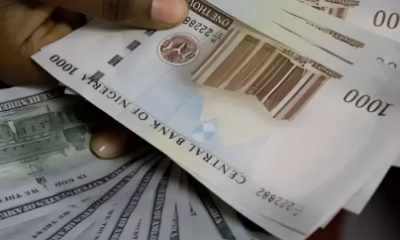The disparity between the official and parallel market rates continues to widen, raising fears that exchange rate unification expected to bridge the gap between the official and black market rates may have failed as the disparity widens.
The naira fell to an all-time low of N950 to one dollar at the parallel market on Thursday afternoon as against the N897 it traded at the previous day. At the official window, data showed that the Naira closed at N782.38 per $1.
The disparity is now N167.62/$1 one of the widest since the unification of the naira on June 14th, 2023.
The naira has now weakened by 4.39 per cent in the first 10 days of August on the parallel market. The exchange rate weakened by 11.5 per cent in the whole of July 2023.
This drop was exacerbated by the inability of Nigerian banks to meet the rising demand for dollars, prompting buyers to turn to the parallel market.
READ ALSO: Fuel marketers hint on further hike in prices as Naira slumps against Dollar
Additionally, the Naira is under pressure as many middle and high-income individuals are using the US Dollar as a means of preserving value.
Reacting to the volatility of the foreign exchange market, Wale Edun, one of the Ministerial nominees recently screened by the Senate stated that the prevailing exchange rates in the black market are not in line with economic fundamentals.
According to him, a more suitable Naira-to-Dollar exchange rate would be around 700.
Currently, foreign exchange traders are closely monitoring US inflation data, which is expected to show a 4.8 per cent year-on-year growth in core US consumer prices for July.
Although the annual rate had been declining over the past months, it’s projected to rebound from 3.0 per cent in the previous month to 3.3 per cent. However, the monthly increase is anticipated to remain at 0.2 per cent.
The release of US inflation data might signal a shift in the Federal Reserve’s monetary tightening strategy, potentially leading to a short-term weakening of the US Dollar.
Hopes that the latest US Consumer Price Index (CPI) release could support the conclusion of the Fed’s tightening cycle are contributing to early trading weakness in the US Dollar on Thursday.
A research report from JP Morgan confirms that the US Dollar could maintain its recent upward trend due to favourable seasonal patterns, remaining unaffected by recent debt downgrades from rating agencies in the United States.
JP Morgan analysts remarked, “Despite some defensive stances in recent weeks, driven by resilient US data and a notable decline in data from Europe and China, the US Dollar seems to have gained strength in an environment where it yields 5 per cent, and the central bank balance of the G4 countries is shrinking rapidly.”

 Entertainment1 week ago
Entertainment1 week ago
 Business1 week ago
Business1 week ago
 Health1 week ago
Health1 week ago
 Business1 week ago
Business1 week ago
 Latest1 week ago
Latest1 week ago
 Entertainment1 week ago
Entertainment1 week ago
 Football1 week ago
Football1 week ago
 Entertainment5 days ago
Entertainment5 days ago













